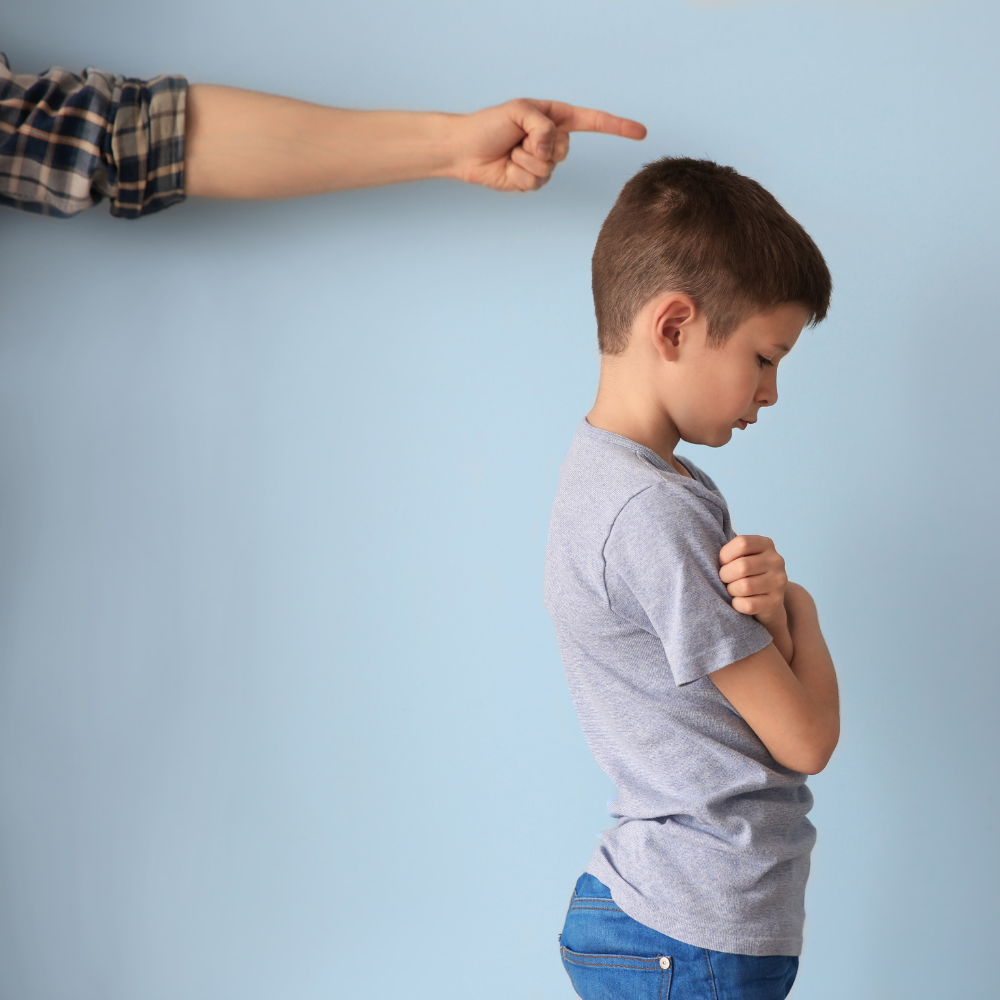Last Tuesday, I walked into school with my Iced Pumpkin Chai, evidence of my morning Starbucks run. The warm notes of cinnamon enveloped me, the treat a much-needed comfort amid a busy week. However, as I stepped through the front door, an unsettling feeling surfaced: embarrassment. I did not want to be seen with this frivolously perceived drink, this ridiculed female stereotype. I had seen the eye rolls. Equally unsettling was the reason behind my embarrassment: the fact that, in the eyes of society, things enjoyed by women are inferior.
Like millions of girls and women, I feel self-conscious about what I like, something as simple as a fancy cup of coffee. The same is true for boybands, romcoms, and reality TV. Once something is labeled as “feminine,” it assumes a negative and petty association.
Taylor Swift provides a glaring example of this phenomenon. Take her Eras Tour, for instance, in which armies of fans—predominantly but not all women—gather to celebrate what they love together. One fan, Karolína Richterová, stated in her 2024 article for The Everyday that “nothing can prepare you for the feeling of absolute joy, happiness and openness that you feel,” a sentiment shared by most who attend. However, rather than celebrated for their dedication and passion, the fans are seen as hysterical or excessive. Comments on social media call Swifties’ behavior “purely disgusting,” tell fans to “have some self-respect,” and ask “how it feels to be part of a cult.”
And yet, men dress in team colors, paint their bare chests, and scream at players on a TV, and no one thinks to belittle them? I’m not devaluing their behavior—I’m next to my dad on the couch every Sunday—but simply asking why it has any more merit than the behavior of women. Thus is the decades-old double standard we face.
In fact, the instinctual urge of embarrassment I felt when writing this piece proves my point. I feared the mere inclusion of Swift’s name threatened to undermine my argument—that I would be dismissed as a silly, brainwashed teenage girl. Be honest: did you roll your eyes?
I spoke with my great aunt recently, and the topic of Taylor arose. My aunt simply scoffed and said, “I can’t stand her. It’s like she’s singing to teenage girls.” While, firstly, this is false, a more concerning question lurks: why is the association with teenage girls bad? Even if her analysis was correct, does that negate the music’s value? While it shouldn’t, it often does.
We can also examine Swift’s NFL appearances and the ensuing backlash. According to The New York Times’ 2024 study, she averaged “less than 25 seconds over the course of broadcasts that run longer than three hours, with her name rarely being mentioned” (Hoffman). I do understand the opposing side’s argument. I know football is sacred for many and that they want to protect the game’s sanctity (and the air of masculinity that surrounds it). But twenty-five seconds of a four-hour broadcast is hardly ruining it.
I understand that this bias is deeply ingrained into society, though. It’s not even outright sexism—more like unconscious prejudice. That also means there’s no easy fix. However, we can be aware of our own partiality and work to eliminate it.
We must not equate something’s masculinity or femininity to its worth. Things claimed by women are not inherently inferior, and we must form opinions free from preconceptions. Moreover, things meant for pleasure also have value. Hallmark Christmas movies, for instance, may have predictable plots, cheesy endings, and glaringly fake snow, but I enjoy them nonetheless—and shouldn’t that be enough? We should be able to do things simply because they make us happy—whether that means getting a pumpkin coffee or listening to a sappy love song. Let people like what they like, and as Taylor Swift sings, just “shake it off.”
References
Hoffman, Benjamin. (2024, January). Hoffman, Benjamin. (2024, January). How often is Taylor Swift actually shown at N.F.L. games? The New York Times. https://www.nytimes.com/2024/01/25/style/taylor-swift-nfl-broadcasts.html
Mercado, Mia. (2017, February). 7 ways our culture devalues femininity. Bustle. https://www.bustle.com/p/7-ways-our-culture-devalues-femininity40400#:~:text= Our%20culture%20devalues%20femininity%20in%20all%20kinds%20of%20ways,%20and
Richterová, Karolína. (2024, October). Who’s afraid of Taylor Swift: on the Eras Tour and doublefaced cculture. The Everyday. https://theeverydaymagazine.co.uk/opinion/whos-afraid-of-taylor-swift-on-the-eras-tour-and-double-faced-culture
Strain, Daniel. (2024, February). ‘No girls allowed’: what the Taylor Swift backlash says about football and politics. CU Boulder Today. https://www.colorado.edu/today/2024/02/08/no-girls-allowed-what-taylor-sowift-backlash-says-about-football-and-politics#:~:text=This%20year, %20the%20pop%20megastar%20has%20become%20a%20regular%20at






